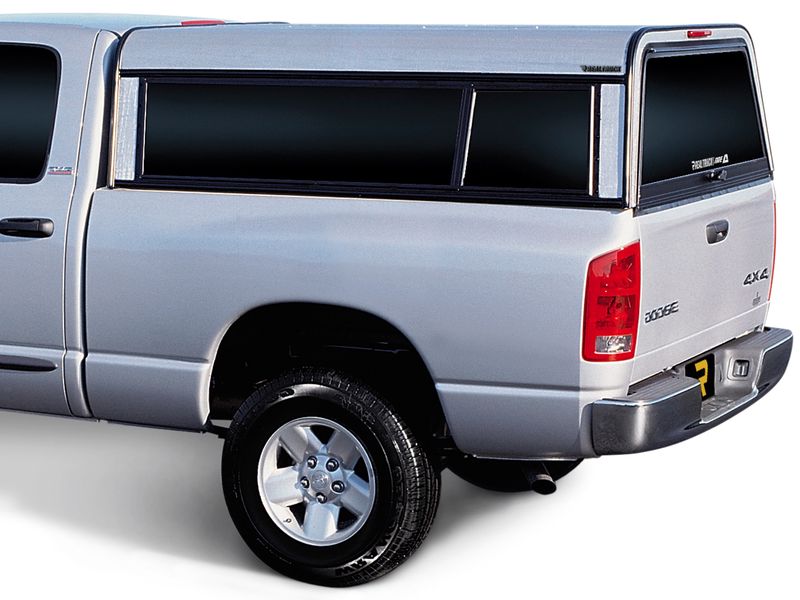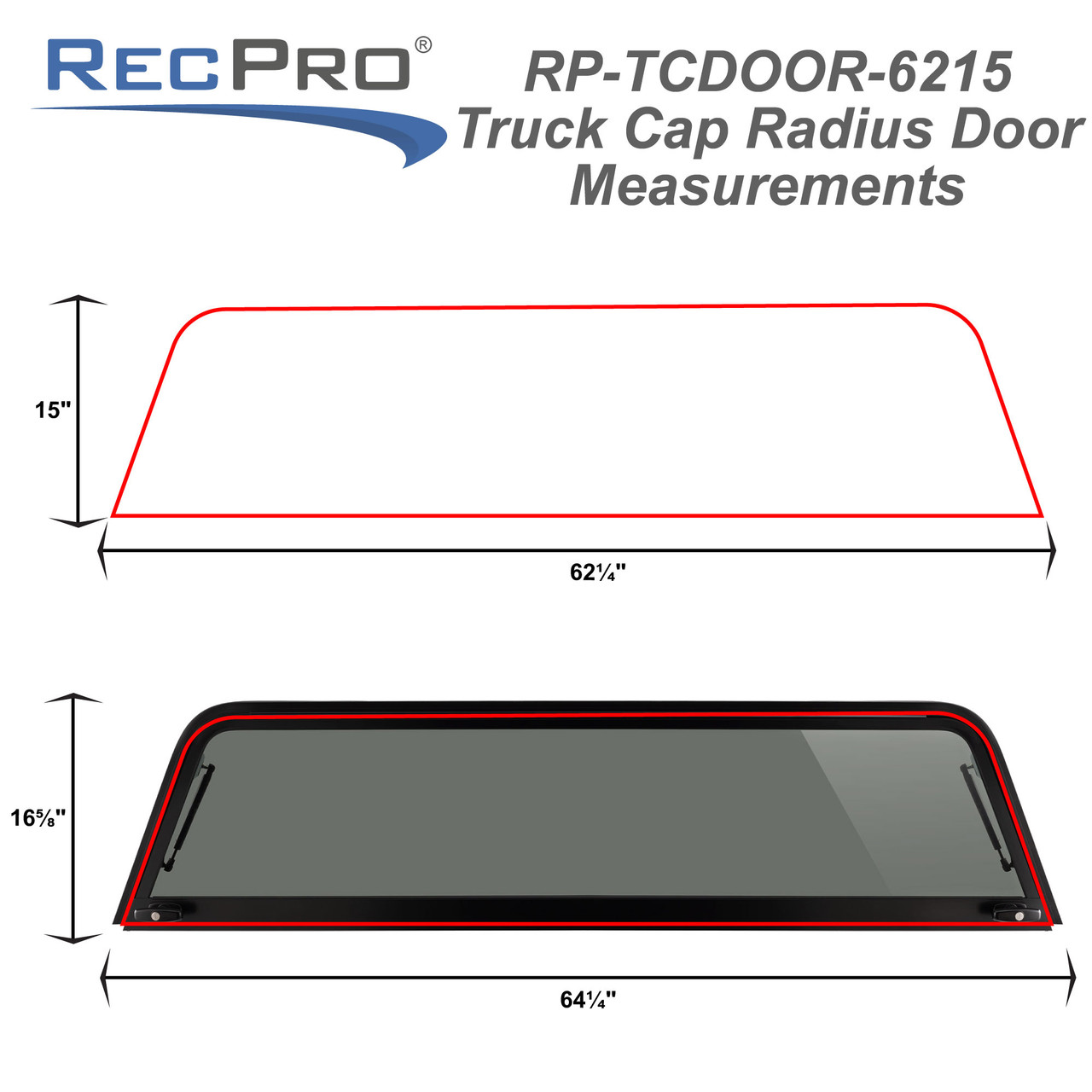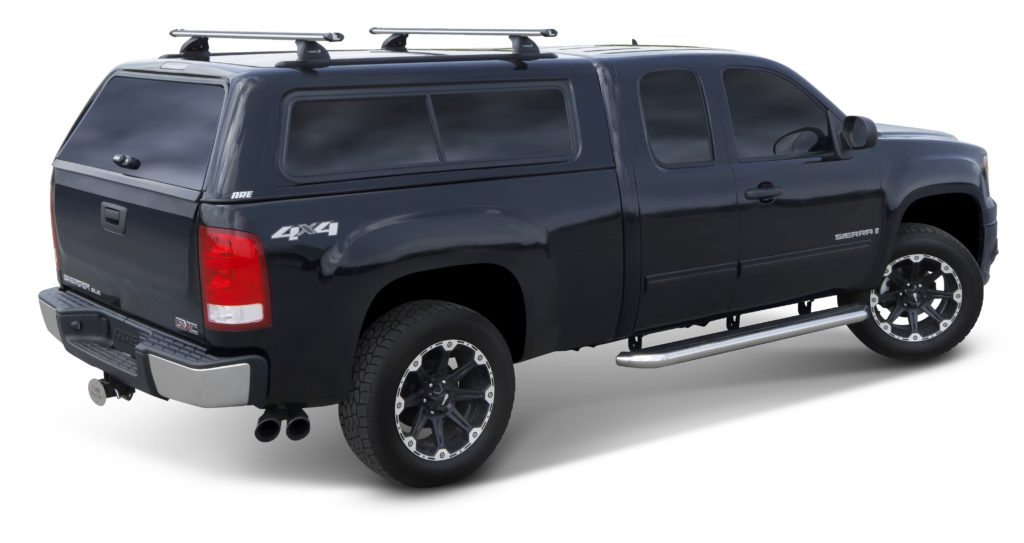Truck caps, also known as truck toppers, camper shells, or bed caps, are a versatile addition to any pickup truck. They provide secure storage, protection from the elements, and can even transform your truck bed into a comfortable sleeping space. Understanding the available sizes of truck caps is crucial to ensuring a proper fit, optimal functionality, and an aesthetically pleasing look for your vehicle. In 2021, the market offers a wide array of sizes and styles, catering to various truck models and individual needs. This comprehensive guide will delve into the intricacies of truck cap sizing, covering everything from understanding truck bed measurements to navigating the available options and making the right choice for your specific truck.
Why is Knowing Your Truck Cap Size Important?
What Are The Sizes Of Truck Caps In 2021: A Comprehensive Guide
Choosing the right truck cap size isn't just about aesthetics; it's about functionality, safety, and investment protection. A poorly fitted cap can lead to:
- Water Leaks: Gaps between the cap and the truck bed allow water and debris to enter, damaging cargo and potentially leading to rust.
- Poor Aerodynamics: An ill-fitting cap can create drag, negatively impacting fuel efficiency.
- Structural Damage: Stress on the cap and the truck bed can occur if the cap doesn't properly align with the truck's frame.
- Compromised Security: Gaps and loose fittings can make it easier for thieves to access the truck bed.
- Aesthetically Unpleasing Appearance: An oversized or undersized cap will simply look out of place and detract from your truck's overall appearance.

Therefore, understanding how truck cap sizes are determined and how they relate to your specific truck model is paramount before making a purchase.
1. Understanding Truck Bed Measurements: The Foundation of Cap Sizing
The first step in determining the correct truck cap size is to accurately measure your truck bed. These measurements are crucial for ensuring a snug and secure fit. Here's a breakdown of the key dimensions:
- Bed Length: This is the distance from the inside front bulkhead (the wall separating the cab from the bed) to the inside of the tailgate. Truck beds are typically categorized as short bed, standard bed, and long bed.

- Short Bed: Usually ranges from 5.5 to 6.5 feet.
- Standard Bed: Typically ranges from 6.5 to 7 feet.
- Long Bed: Generally 8 feet.
- Bed Width: Measure the distance between the inside walls of the truck bed, typically near the front and rear of the bed, as the width can sometimes vary slightly.
- Cab Height: Measure the distance from the top of the truck bed rails to the highest point of the cab roof. This measurement is essential for selecting a cap that aligns with your truck's cab for a streamlined look.

Important Note: Always refer to your truck's owner's manual for official bed length specifications. Online resources and forums can also provide valuable information, but the owner's manual is the most reliable source.
2. Common Truck Bed Sizes and Corresponding Cap Sizes (2021)
While truck bed sizes vary slightly between manufacturers and models, here's a general overview of common sizes and the corresponding cap sizes typically available in 2021:
| Truck Bed Size | Typical Truck Models (Examples) | Common Cap Sizes (Approximate) | Notes |
|---|---|---|---|
| 5.5 ft (Short) | Ford F-150 (SuperCrew), Ram 1500 (Crew Cab) | 66 inches long, Varies in width | These are often the shortest beds available on crew cab models. Cap width will depend on the specific make and model of the truck. |
| 6.5 ft (Short) | Chevy Silverado 1500 (Double Cab), GMC Sierra 1500 (Double Cab) | 78 inches long, Varies in width | A common short bed size, often found on extended cab models. Cap width will depend on the specific make and model of the truck. |
| 6.5 ft (Standard) | Toyota Tacoma (Long Bed) | 78 inches long, Varies in width | While often considered a short bed on full-size trucks, it's the "long bed" option for mid-size trucks like the Tacoma. Cap width will depend on the specific make and model of the truck. |
| 8 ft (Long) | Ford F-250/F-350, Chevy Silverado 2500/3500, Ram 2500/3500 | 96 inches long, Varies in width | Commonly found on heavy-duty trucks. Cap width will depend on the specific make and model of the truck. |
Disclaimer: This table provides general guidelines. Always confirm the exact measurements with the cap manufacturer and compare them to your truck bed's dimensions.
3. Types of Truck Caps and Their Size Considerations
The type of truck cap you choose will also influence the sizing considerations:
- Cab-High Caps: These caps are designed to be level with the cab of the truck, providing a sleek and integrated look. Accurate cab height measurements are critical for a proper fit.
- Mid-Rise Caps: These caps are slightly taller than the cab, offering increased interior headroom and storage space. The added height needs to be considered when assessing clearance for parking garages or low-hanging obstacles.
- High-Rise Caps (Commercial Caps): These caps are significantly taller than the cab, providing maximum cargo space and often used for commercial purposes. They require careful consideration of overhead clearance and potential wind resistance.
- Soft Truck Bed Covers (Tonneau Covers): While not technically caps, these covers provide protection and security. They come in various sizes to fit different bed lengths and widths.
- Retractable Truck Bed Covers: These covers retract into a canister at the front of the bed, offering flexibility and security. They also come in different sizes to match various bed dimensions.
4. Finding the Right Cap: Manufacturer Specifications and Custom Options
Once you have your truck bed measurements, the next step is to consult with truck cap manufacturers. Major brands like ARE, LEER, SnugTop, and Ranch Fiberglass offer online configurators and catalogs that allow you to input your truck's make, model, and year to find compatible caps.
- Online Configurators: These tools typically guide you through the process of selecting a cap based on your truck's specifications. They often provide images and detailed information about the cap's dimensions and features.
- Dealer Consultations: Visiting a local truck cap dealer is highly recommended. They can provide expert advice, take precise measurements, and help you choose the right cap for your needs.
- Custom Caps: If you have a unique truck bed configuration or specific requirements, consider a custom-built cap. While more expensive, custom caps ensure a perfect fit and can be tailored to your exact specifications.
5. Installation and Fit Adjustments
Even with accurate measurements, minor adjustments may be necessary during installation. A reputable installer will ensure the cap is properly aligned and secured to the truck bed. Key aspects of installation include:
- Weather Stripping: Proper weather stripping is crucial for preventing water leaks. Ensure that the weather stripping is installed correctly and creates a tight seal between the cap and the truck bed rails.
- Clamps and Fasteners: The cap should be securely clamped to the truck bed using the appropriate hardware. Regularly check the clamps to ensure they are tight and prevent the cap from shifting.
- Wiring: If the cap includes interior lights or other electrical components, ensure that the wiring is properly connected and protected.
6. Tips for Choosing the Right Truck Cap Size:
- Double-Check Measurements: Measure your truck bed multiple times to ensure accuracy.
- Consult the Owner's Manual: Refer to your truck's owner's manual for official bed length specifications.
- Visit a Dealer: Consult with a truck cap dealer for expert advice and assistance.
- Consider the Cap Type: Choose a cap type that meets your needs and consider the size implications.
- Read Reviews: Research different brands and models and read reviews from other truck owners.
- Prioritize Fit: A proper fit is essential for functionality, security, and aesthetics.
7. Potential Challenges and Solutions
- Discrepancies in Measurements: Minor variations in truck bed dimensions can occur. A skilled installer can often make adjustments to compensate for these variations.
- Finding a Cap for Older Trucks: Caps for older truck models may be harder to find. Consider contacting specialty dealers or exploring custom options.
- Dealing with Bed Liners: Bed liners can interfere with the fit of a truck cap. You may need to trim or modify the bed liner to ensure a proper seal.
Price Table
| Feature | Brand | Size (Approximate) | Price (USD) |
|---|---|---|---|
| Cab-High Cap | ARE | 6.5 ft bed | $2,000 - $3,500 |
| Mid-Rise Cap | LEER | 8 ft bed | $2,500 - $4,000 |
| Commercial Cap | SnugTop | 6.5 ft bed | $3,000 - $5,000 |
| Soft Tonneau Cover | Truxedo | 5.5 ft bed | $500 - $1,000 |
| Retractable Cover | Roll-N-Lock | 8 ft bed | $1,500 - $2,500 |
Please Note: Prices are approximate and can vary based on location, retailer, and specific features.
Frequently Asked Questions (FAQ)
- Q: How do I know if a truck cap will fit my truck?
- A: Measure your truck bed accurately, consult your owner's manual, and use online configurators or visit a truck cap dealer.
- Q: Can I install a truck cap myself?
- A: While it's possible, professional installation is recommended to ensure a proper fit and prevent leaks.
- Q: What if my truck bed is an unusual size?
- A: Consider a custom-built truck cap to ensure a perfect fit.
- Q: How much does a truck cap typically cost?
- A: Prices vary depending on the type, size, features, and brand, but expect to pay between $1,500 and $5,000 or more.
- Q: Are truck caps waterproof?
- A: A properly installed truck cap with good weather stripping should be highly water-resistant, but not completely waterproof.
Conclusion
Choosing the right size truck cap in 2021 requires careful attention to detail and a thorough understanding of your truck's bed dimensions. By following the guidelines outlined in this comprehensive guide, you can confidently select a cap that provides a perfect fit, enhances your truck's functionality, and protects your cargo for years to come. Remember to prioritize accuracy in measurement, consult with experts, and consider the specific requirements of your truck and your individual needs. A well-chosen truck cap is a worthwhile investment that can significantly improve the versatility and utility of your pickup truck.
0 comments